
The Official Supplier for Nuenta
Supplying Nilan systems to Nuenta in the UK
Looking to save money on your home heating costs while reducing your carbon footprint? Look no further. In this comprehensive guide, we will walk you through the various government incentives and tax credits available to homeowners who switch to renewable heating systems, such as solar water heaters, heat pumps, and biomass boilers.
With a focus on energy efficiency and sustainability, government entities are offering financial incentives to encourage the adoption of renewable heating technologies. This means that by making the switch, you not only contribute to a cleaner environment but also benefit from significant savings on your energy bills.
Through this guide, we will delve into the different programs available, including federal and state initiatives, tax credits, and rebates. We will outline the eligibility requirements, application procedures, and potential savings associated with each program, ensuring you have all the information needed to make an informed decision.
So, whether you’re a homeowner looking to reduce your reliance on fossil fuels or an eco-conscious individual seeking to cut down your energy expenses, this guide will empower you with the knowledge and tools to unlock energy savings through government incentives and tax credits for renewable heating.
Want to know more? Contact us using the form below.

In recent years, there has been a growing emphasis on the need to transition to renewable energy sources in order to combat climate change and reduce our reliance on fossil fuels. As a result, governments at various levels have implemented a range of incentives and tax credits to encourage homeowners to switch to renewable heating systems. By understanding these incentives, you can make an informed decision that not only benefits the environment but also saves you money on your energy bills.
At the federal level, the government offers a number of tax incentives for homeowners who install renewable heating systems. One of the most significant incentives is the Residential Renewable Energy Tax Credit, which allows homeowners to claim a percentage of the cost of their renewable heating system installation as a tax credit. This credit can be applied to systems such as solar water heaters, heat pumps, and biomass boilers. Additionally, the federal government also offers grants and loans for renewable heating projects, providing further financial support for homeowners looking to make the switch.
In addition to federal incentives, many states offer their own programs to encourage the adoption of renewable heating technologies. These programs can include tax credits, grants, rebates, and low-interest loans. The specifics of these programs vary from state to state, so it’s important to research the incentives available in your area. Some states also have renewable portfolio standards, which require a certain percentage of energy to come from renewable sources. This can create additional opportunities for homeowners to benefit from incentives and tax credits.
In some cases, municipalities and local governments also offer incentives for homeowners to switch to renewable heating systems. These incentives can include property tax incentives, expedited permitting processes, and grants for energy-efficient upgrades. It’s worth checking with your local government to see if there are any programs available in your area. These smaller-scale incentives can often be overlooked but can provide significant savings and support for homeowners looking to make the switch to renewable heating.
With the wide range of incentives and tax credits available, it’s important to take the time to research and understand the options that are available to you. Start by visiting the websites of federal, state, and local government agencies responsible for energy and environmental programs. These websites often provide detailed information on the incentives and tax credits available, as well as eligibility requirements and application procedures. Additionally, you can reach out to local energy efficiency organisations and renewable energy associations for further guidance and resources.
Before applying for any incentives or tax credits, it’s important to understand the eligibility requirements. These requirements can vary depending on the specific program and can include factors such as the type of renewable heating system, the energy efficiency of the system, and the income level of the homeowner. Some programs may also require homeowners to work with certified installers or meet certain building code requirements. By familiarising yourself with the eligibility requirements, you can ensure that you meet the necessary criteria before applying.
Once you’ve identified the incentives and tax credits that you’re eligible for, the next step is to apply. The application process can vary depending on the program, but it typically involves submitting documentation such as proof of purchase, installation receipts, and any necessary forms or applications. It’s important to carefully follow the instructions provided by the program administrators and submit all required documentation in a timely manner. Some programs may also require a post-installation inspection to verify that the system meets the necessary requirements.
To illustrate the potential benefits of government incentives and tax credits for renewable heating, let’s take a look at a few case studies. In each case, homeowners were able to significantly reduce their energy bills and carbon footprint through the installation of renewable heating systems. These case studies highlight the variety of incentives and tax credits available at different levels of government and demonstrate the positive impact that these programs can have on both the environment and homeowners’ finances.
By taking advantage of the various government incentives and tax credits available, homeowners can unlock significant energy savings while reducing their carbon footprint. From federal tax incentives to state-level programs and local incentives, there are a range of opportunities for homeowners to benefit from financial support when switching to renewable heating systems. By understanding the eligibility requirements, researching available programs, and following the application process, homeowners can make the most of these incentives and contribute to a cleaner and more sustainable future.
In conclusion, don’t miss out on the opportunity to save money on your home heating costs while also making a positive impact on the environment. Explore the government incentives and tax credits available for renewable heating and take the first step towards unlocking energy savings for your home.
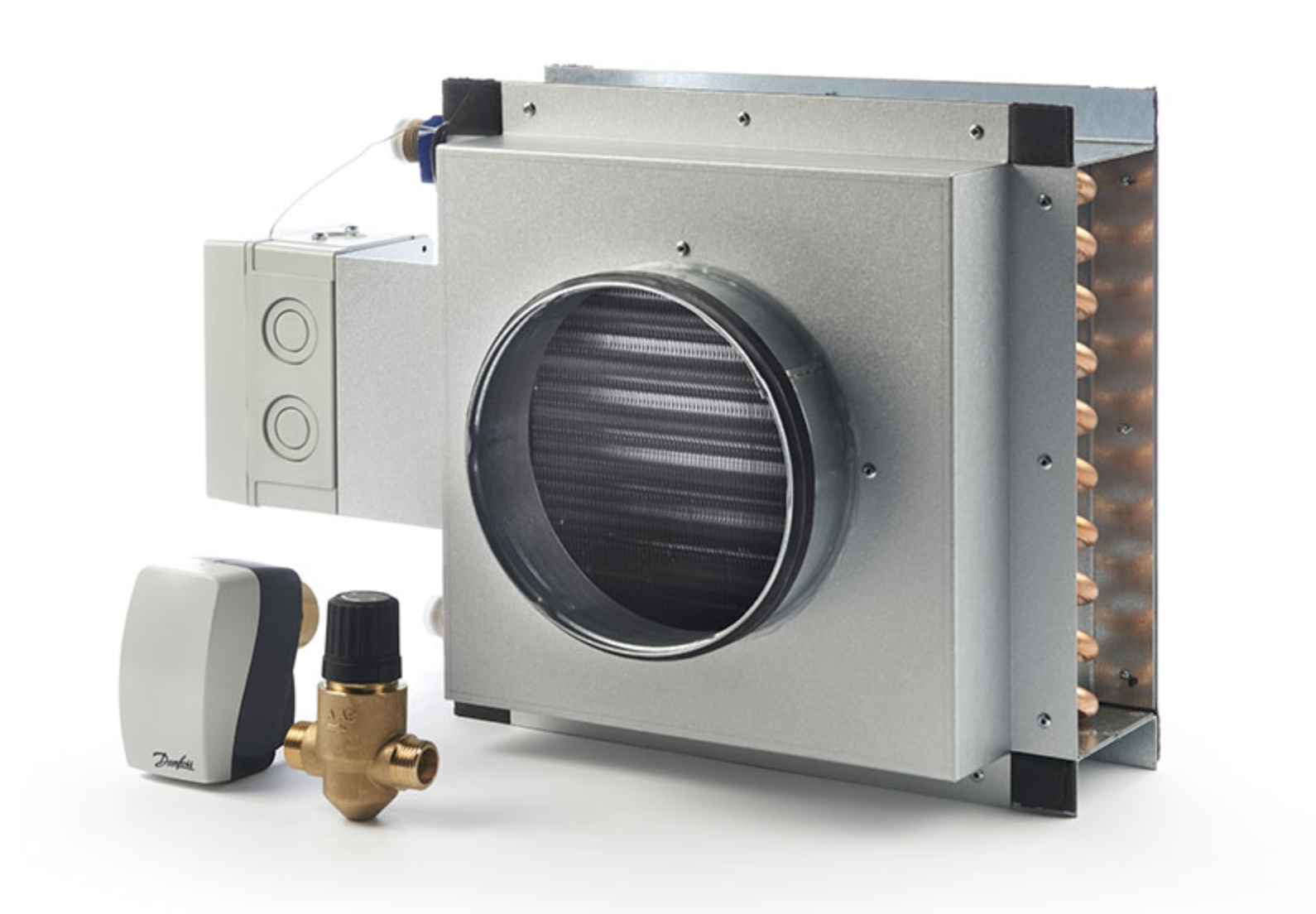 Nilan: The Comprehensive Guide to Nilan Heating Systems
Nilan: The Comprehensive Guide to Nilan Heating Systems
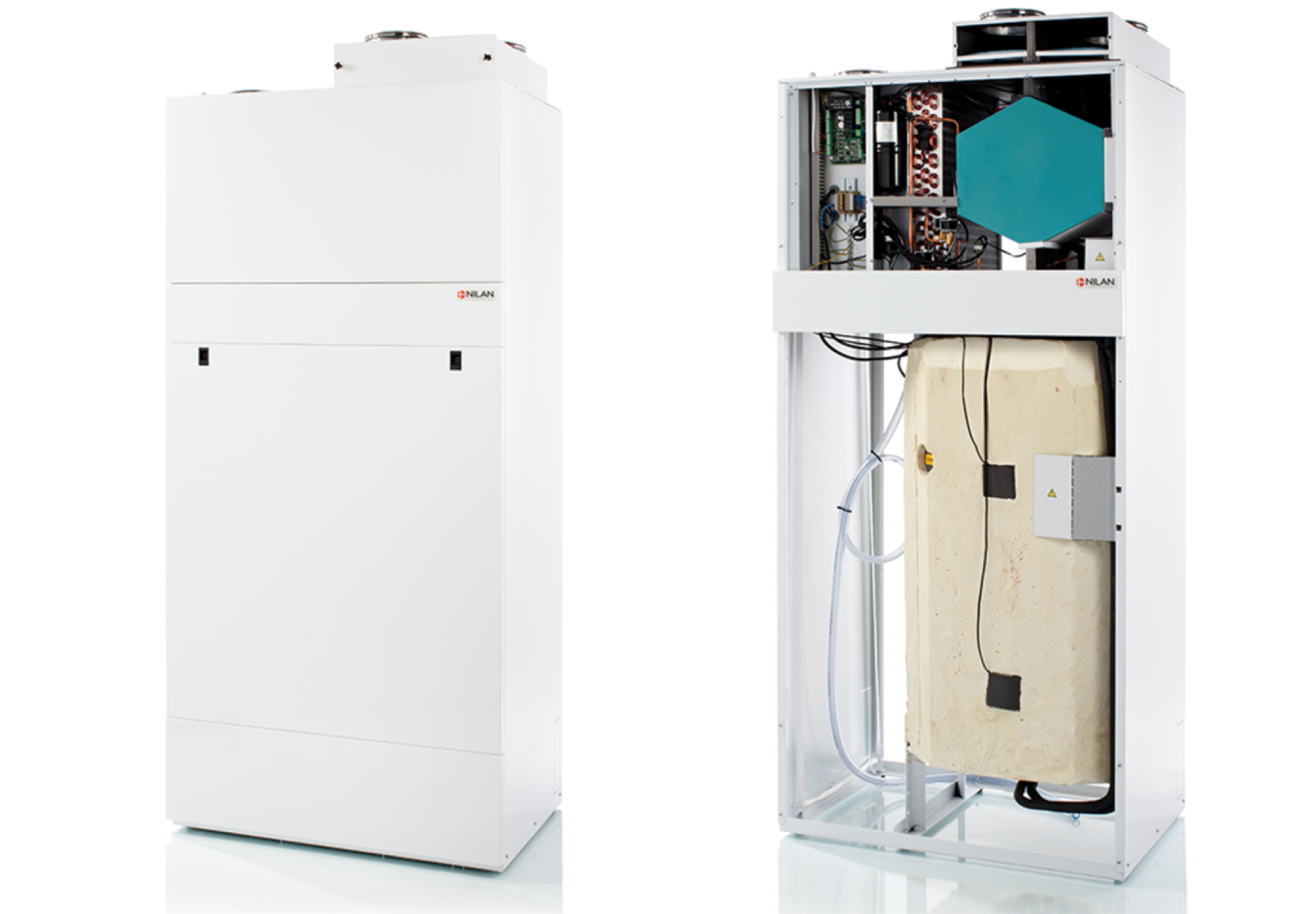 Nilan Compact P Basic: A Guide to Efficient Home Ventilation
Nilan Compact P Basic: A Guide to Efficient Home Ventilation
 Common Problems with Heat Pumps
Common Problems with Heat Pumps
 What to Ask When Buying a Nilan Heat Pump?
What to Ask When Buying a Nilan Heat Pump?
 The Comfort CT300 / Polar
The Comfort CT300 / Polar
 Heat Pump Units
Heat Pump Units
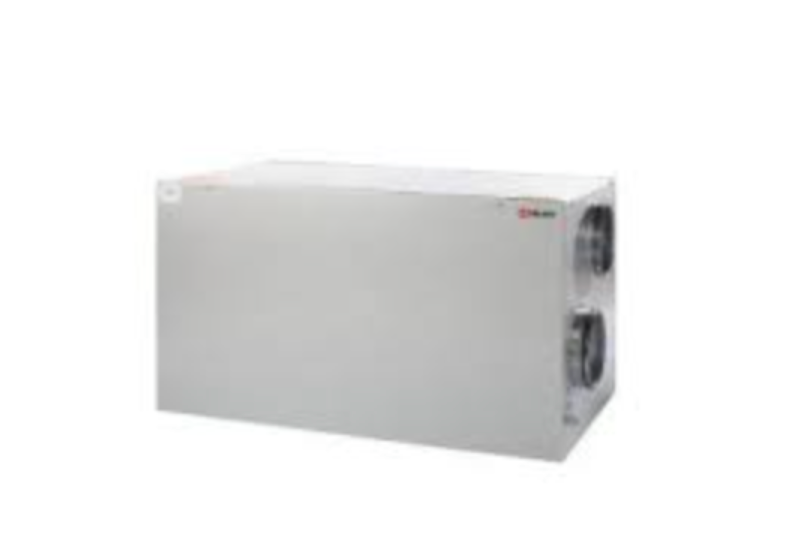 The Nilan Comfort 450: A Top-of-the-Line Ventilation Unit
The Nilan Comfort 450: A Top-of-the-Line Ventilation Unit
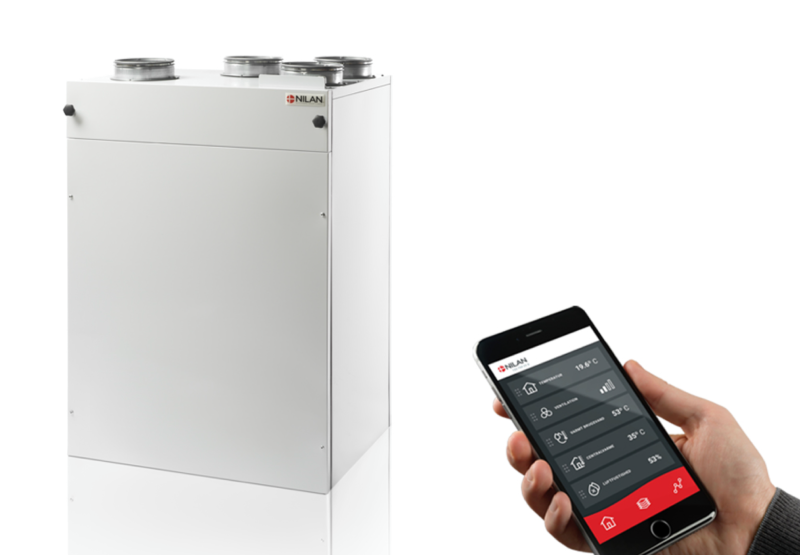 The Nilan Comfort CT500: A Powerful Centralised Ventilation System
The Nilan Comfort CT500: A Powerful Centralised Ventilation System
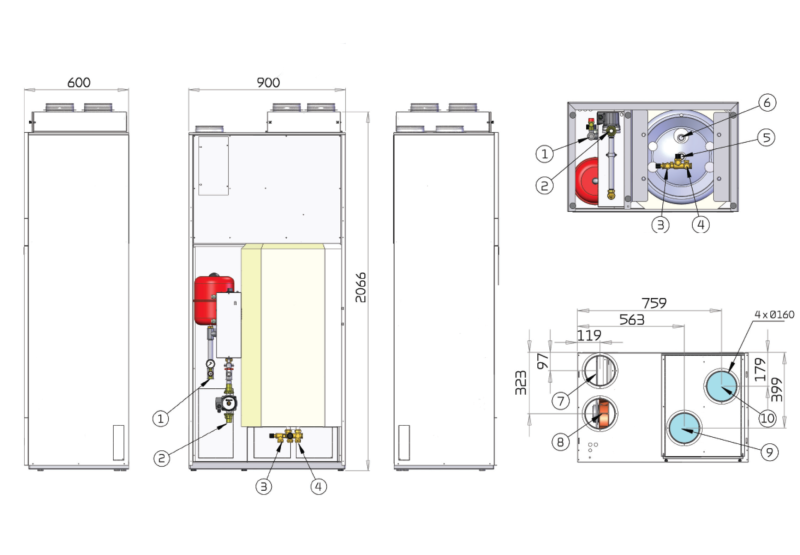 Nilan Compact P EK: A Revolutionary Ventilation System for Modern Buildings
Nilan Compact P EK: A Revolutionary Ventilation System for Modern Buildings
 5 Benefits of a Heat Pump – All Explained
5 Benefits of a Heat Pump – All Explained